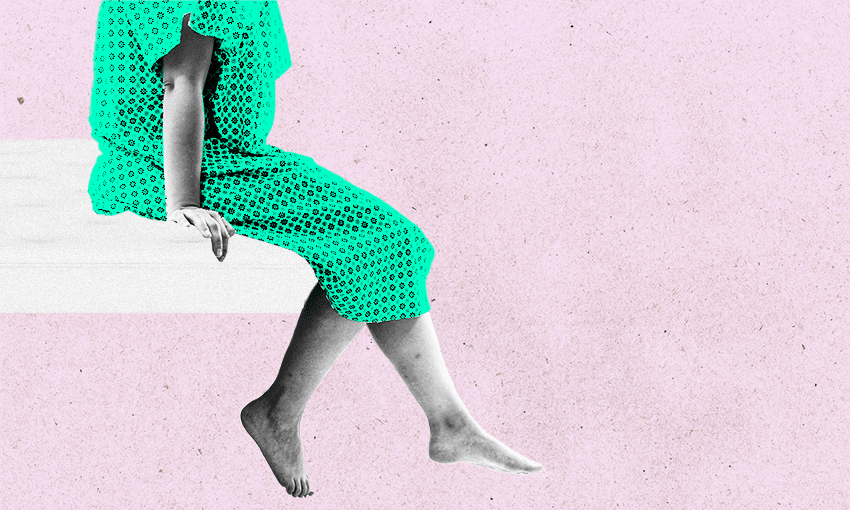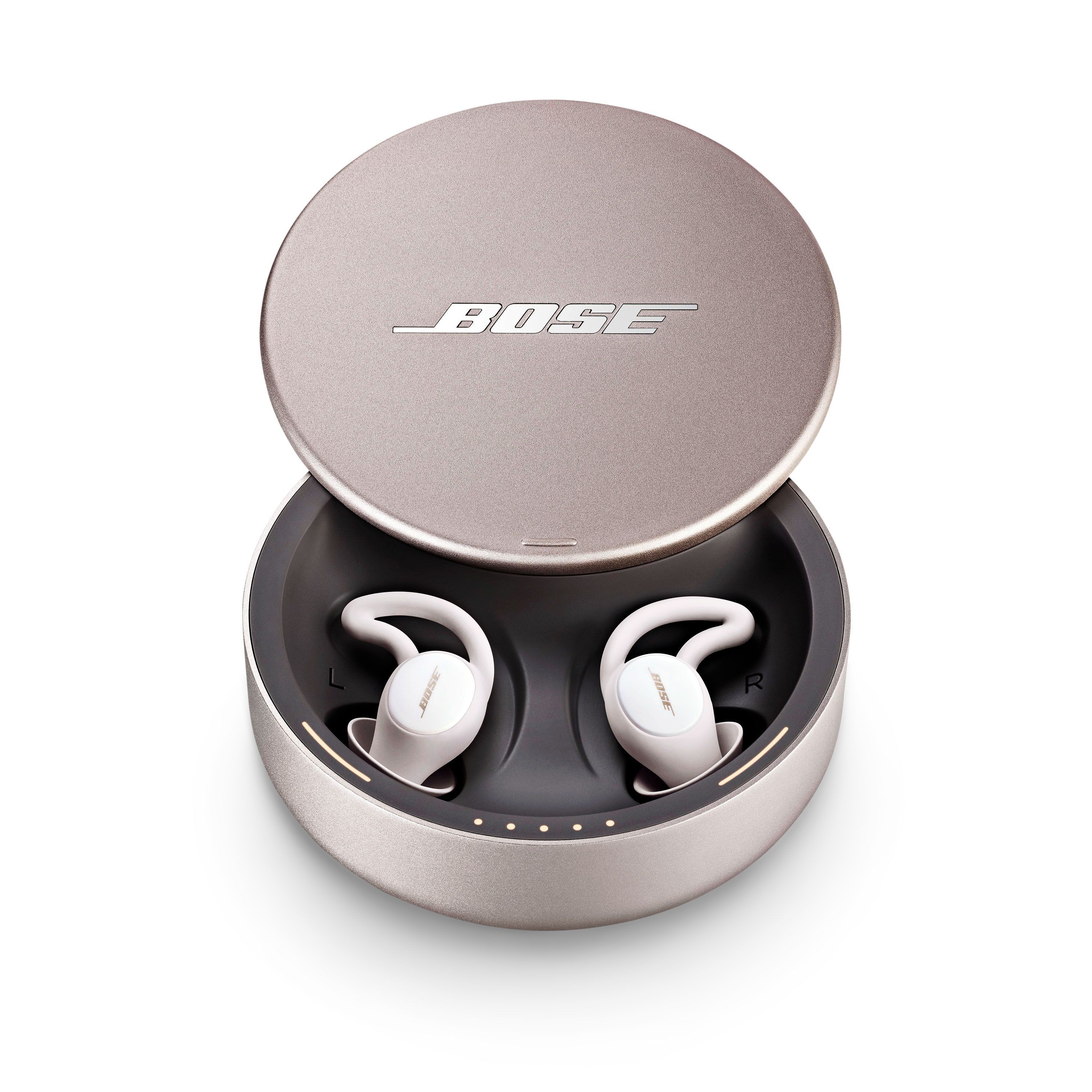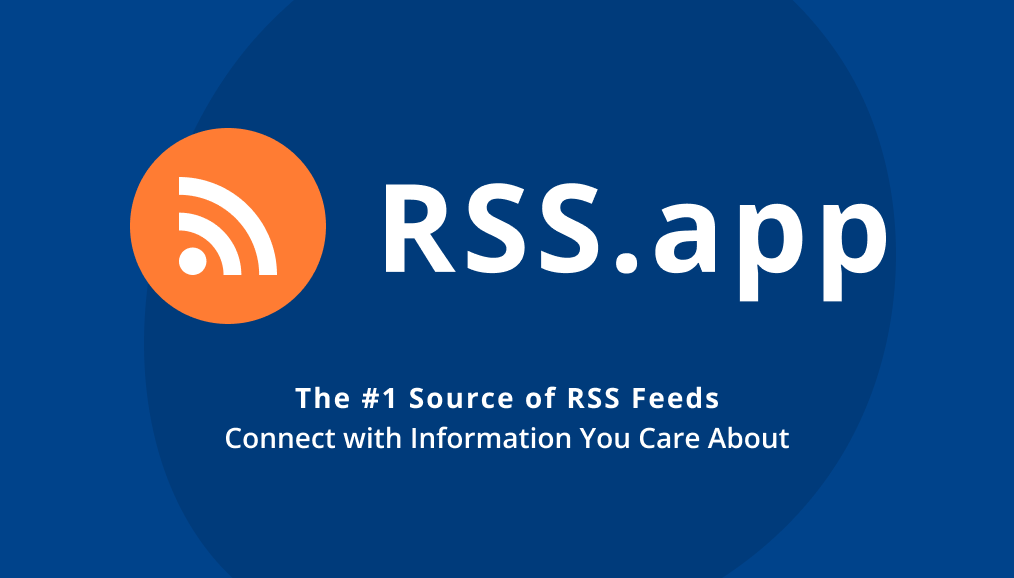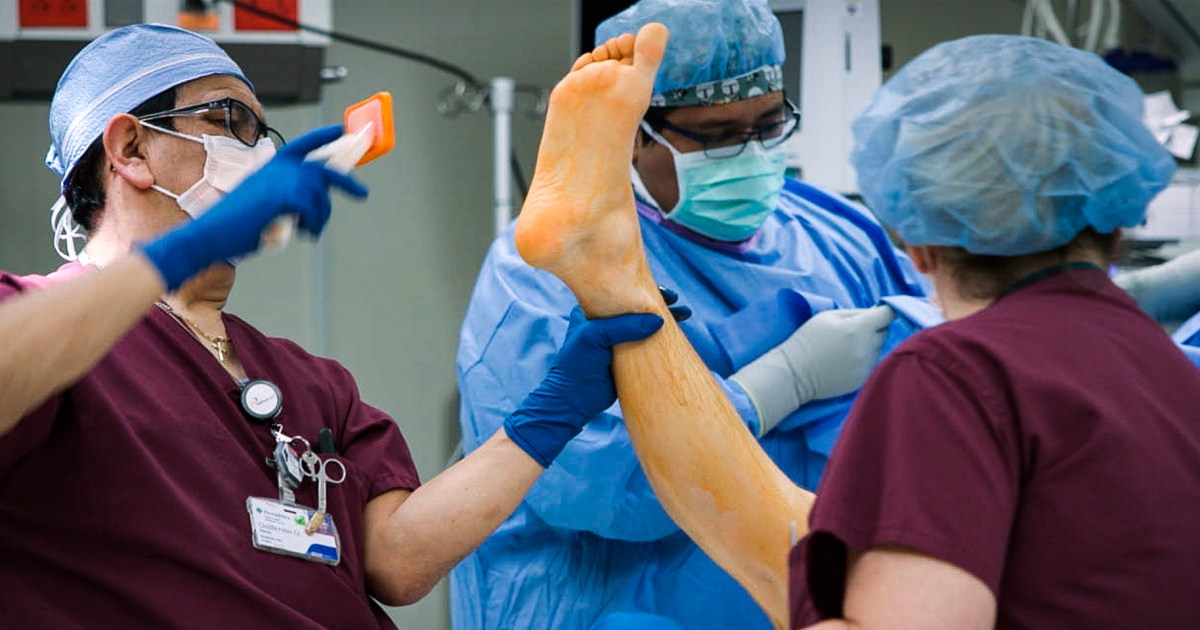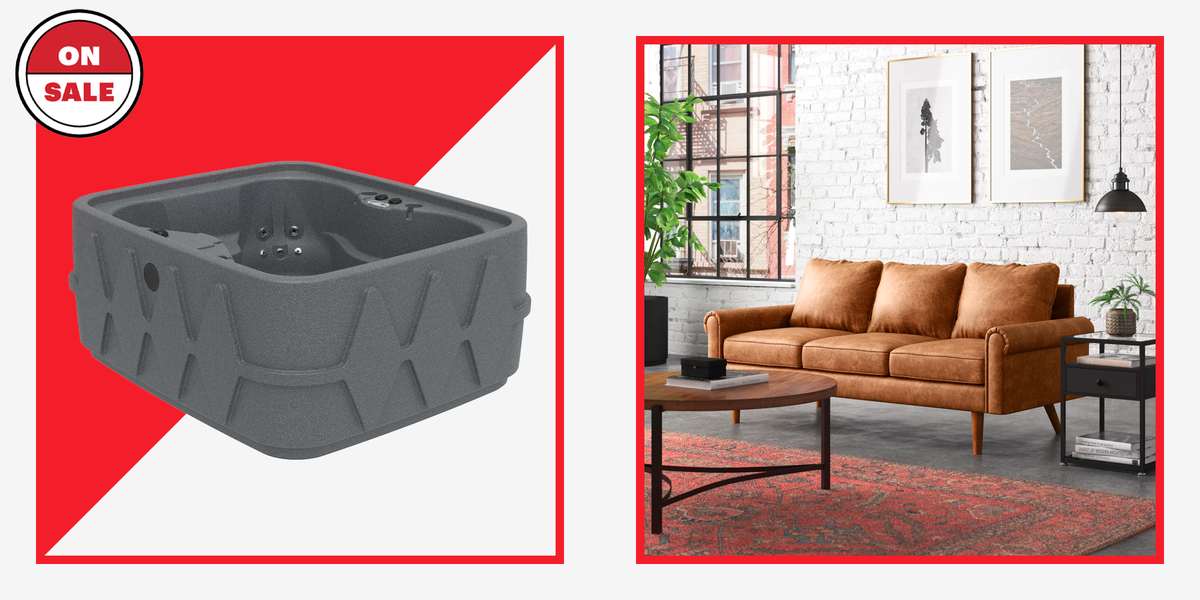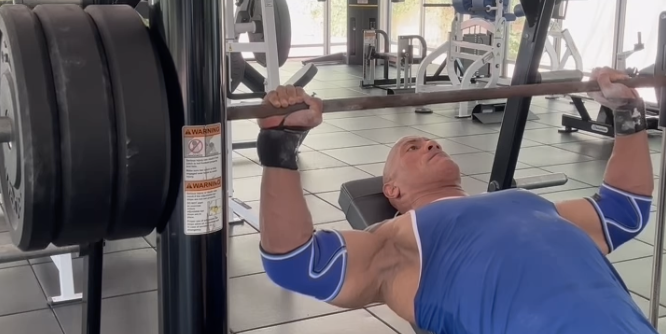I’M AT THE point in my long history of snoring that I’m tired.
I’ve undergone sleep studies. I’ve had a surgery to reduce the size of the turbinates within my nasal passages. I’ve slept, not great, in a T-shirt safety-pinned with a tennis ball to prevent me from rolling over onto my back. I’ve wrestled with a continuous positive airway pressure (CPAP) machine. For the sake of my health and productivity—and my wife’s—I’ve slogged through so many doctors visits, during which the M.D. inevitably turns up their hands and shrugs in that oh-so-unhelpful gesture that means, “You’re shit out of luck, buddy, but I can’t really say that.”
More than 40 percent of adult men are habitual snorers, according to the American Academy of Sleep Medicine. The market for anti-snoring devices and surgeries grew almost 11 percent from 2015 to 2020—even though most of these so-called solutions aren’t covered by insurance, according to Markets and Markets, a research firm.
I’ve paid into this estimated $12 billion industry, with only a minor reduction in my snoring. You would think, given the number of snorers on this planet, that some gung-ho researcher or intrepid medical company would have cured snoring. Except that snoring is extremely complicated.
“Firstly, snoring is very subjective, and dependent on someone listening to it,” says Geraldo Lorenzi-Filho, Ph.D., director of the Sleep Lab at the Heart Institute, University of São Paulo. And, secondly, snoring isn’t technically a disease, says Lorenzi-Filho.
Sleep apnea is—and one that raises your risk for stroke, heart-rhythm problems, and heart failure. Snoring might be a symptom of all that. If you snore and don’t have apnea, it’s still possibly dangerous, and could cause problems like hardening of the carotid artery. Either way, snoring isn’t helping your health.
But even given this preliminary research between snoring and increased stroke risk, Lorenzi-Filho says snoring is considered a “social problem,” which doesn’t give researchers or medical companies much incentive to cure it. And there may not ever be one solution anyway.
“Snoring is very nuanced. And what’s right for you is based not only on your health, but what you’re looking for in terms of comfort,” says W. Chris Winter, M.D., a sleep specialist based in Charlottesville, VirginiaA, and the author of The Sleep Solution. Finding a way to reduce your snoring can even depend on where your snoring comes from; culprits can include, such as your nasal passages, your soft palate, and/or your tongue flopping back into your airway.
The reality: Fixing your snoring often requires dedicated trial and error, which can take years of work, says Dr. Winter. Many doctors will push you toward a surgery you may not want. And quick-fix- device manufacturers are there for when you inevitably feel so frustrated that wearing a glorified jock strap around your head actually seems reasonable.
You have to find your fix. Maybe that involves surgery. Maybe it’s a CPAP. Maybe it’s conditioning your throat muscle with a set of exercises that mimic playing the trumpet. Maybe it’s actually playing the trumpet.
For me that was daily soft-palate exercises, a tennis-ball T-shirt, and that turbinate surgery, which greatly reduced my snoring. But that might not be what works for you.
Whatever that solution is for you, the payoff to navigating this complex and often bizarre world is huge: a lifetime of restful nights that can dramatically improve your health, strengthen your relationship with the person who sleeps in the same bed, and maybe even save your life.
What Helps Snoring for Men
The right snoring treatment (or combination of treatments) for you depends on what kind of snorer you are. Here’s how to find out what works.
Step 1: Try an At-Home Snoring Remedy
If you’re a light snorer without sleep apnea (not sure? do a sleep study), an inexpensive quick fix might help you reduce or eliminate your snoring.
Nasal Dilators
Research studies have shown that adhesive nasal strips like Breathe Right and NoZovent can help decrease snoring intensity. But that’s only if your snoring is coming from your nasal passages—your tongue and soft palate could also be the culprits.
Oral Appliances
Mouth guards for snoring can help move your jaw into alignment, which creates more space for unobstructed airflow. A dentist can fit you for a TAP, but you may want to first try a less-expensive OTC product—ZQuiet and VitalSleep make them—to see if you’re comfortable sleeping with one at all.
Tennis Ball T-Shirt
Take a tennis ball. Stuff it into a sock. Safety-pin both ends of the sock to the middle of the back of an old T-shirt. Wear the T-shirt to bed. If you’re an on-your-back snorer, the tennis ball will be so uncomfortable you’ll roll onto your side at night. It works but is admittedly challenging to get used to.
CPAP Machine
The devices are more portable, more comfortable, and easier to use than those from 20 years ago. Yes, it requires some maintenance (tube washing, ensuring fit), but wearing a CPAP may save your life. “CPAP is the best treatment for moderate to severe obstructive sleep apnea and the only treatment that eliminates it,” says Lorenzi-Filho. Yes, you’ll need a prescription for one.
Step 2: Get in Your (Tongue) Workouts
If you rarely skip leg day, your dedication may help your snoring. Try this set of mouth exercises by Lorenzi-Filho. People who did 3 sets of 20 daily for 3 months snored 36 percent less frequently and had a 59 percent drop in snoring intensity.
Exercise 1
Push the tip of your tongue against the roof of your mouth; slide the tip backward.
Exercise 2
Suck your tongue upward against the roof of your mouth and press your entire tongue against it.
Exercise 3
Force the back of your tongue against the floor of your mouth while keeping the tip of your tongue in contact with your bottom front teeth.
Exercise 4
Elevate your soft pal-ate (the back of the roof of your mouth)and your uvula (the fleshy protrusion that hangs from your soft palate) while making the vowel sound a.
(Or You Can Learn to Play the Trumpet?)
Or the didgeridoo? Playing wind instruments has been shown to improve snoring due to its ability to strengthen the soft palate.
Step 3: Consider Snoring Surgery
It’s a big step, and if you don’t have apnea, your insurance likely won’t cover the cost. Though if you can afford the operation, snorers do benefit from it.
Turbinate Surgery
A doctor may shorten or remove the bones along the walls of the nasal passages. People in a 2017 study experienced decreases in snoring and sleepiness symptoms as soon as six weeks after receiving treatment that included turbinoplasty—though not as pronounced as results from nasal reconstruction (yelp!) or surgery to change the shape of the soft palate.
Tonsillectomy
There’s research that shows that tonsil removal can significantly lessen snoring and sleep apnea in some people, particularly those who are overweight and/or have large tonsils. The two-week recovery period can be rough, though (pain, nausea, swelling).
Soft-Palate Surgery
Doctors either use lasers to scar and toughen the tissue in the soft palate or insert plastic pillars within the palate that heal over. Both methods open the airways associated with snoring and apnea, but again, the recovery can be painful and last up to two weeks (especially for laser surgery), and reduction in snoring may take a month or more, but the benefits are study-proven.
Step 4: Help Out Your Partner
With a pair of Bose Sleepbuds II.
“I tried earplugs and a white-noise machine, but I still heard him, and it was hard for either of us to hear our kids. These rechargeable buds can drown out even his worst nights with white noise. They muffle crying children, too—so he’s on night-wakeup duty.” —Meghan Kita, wife of the author
A version of this article originally appeared in the December 2022 issue of Men’s Health.

Paul is the Food & Nutrition Editor of Men’s Health. He’s also the author of two cookbooks: Guy Gourmet and A Man, A Pan, A Plan.
